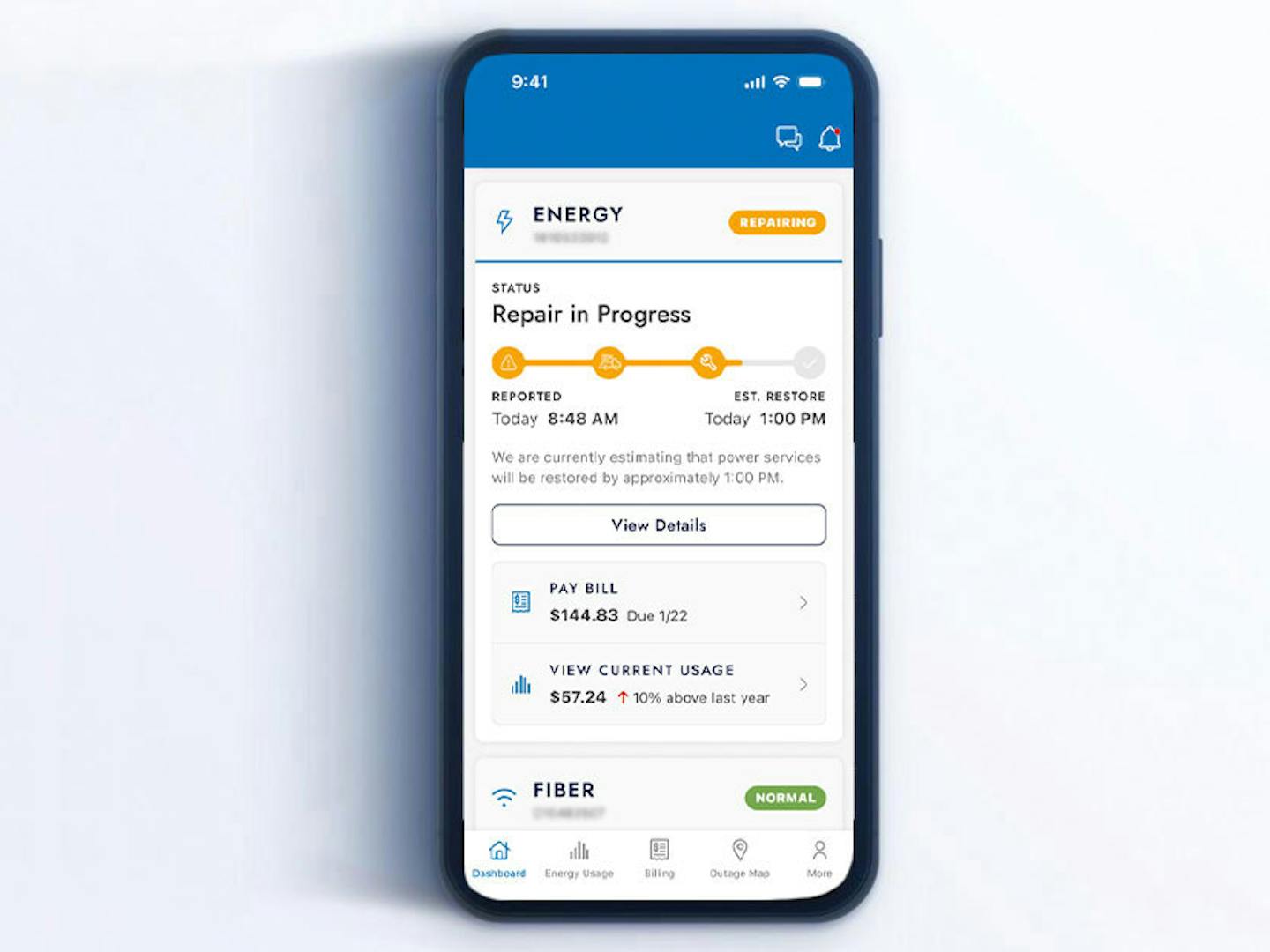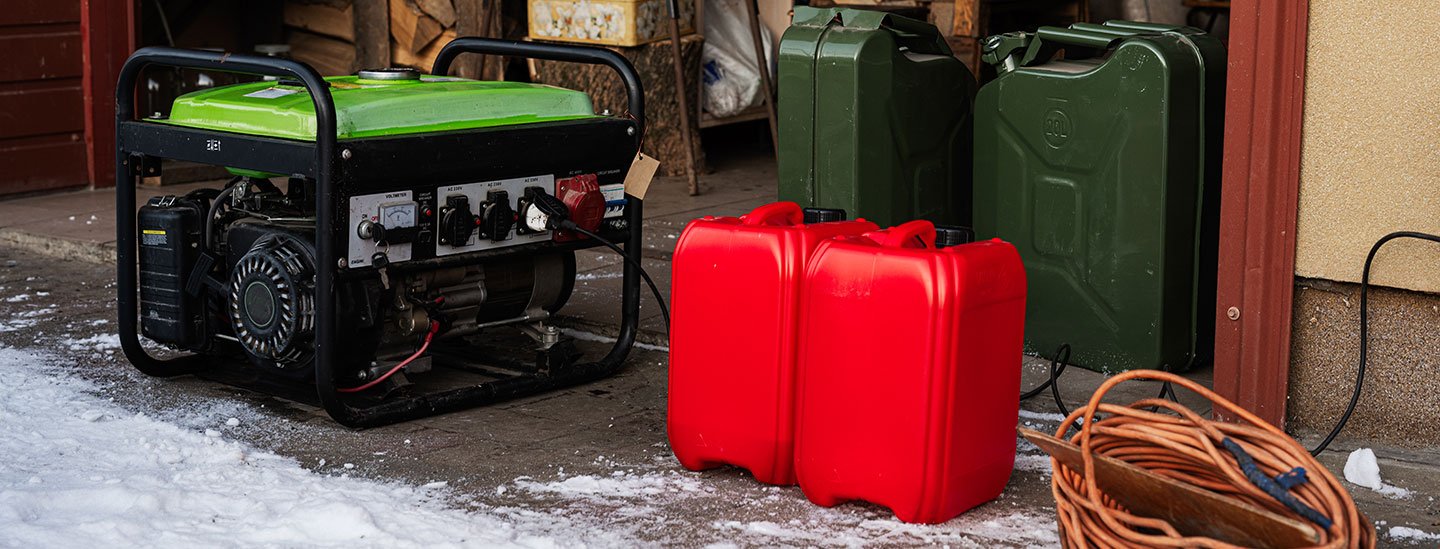
Is your power out? Report outages and stay informed.
- Text “OUTAGE” to 423-648-1372 to report an outage.
- The fastest, most convenient way to report outages and get live updates is with the MyEPB app. Download it free on your device's app store.
- Report outages and monitor restoration progress on your smartphone.
- Call us at 423-648-1372 to report outages — but beware of long wait times. We get a lot of calls during outages.
Is your power out? Report outages and stay informed.
- Text “OUTAGE” to 423-648-1372 to report an outage.
- The fastest, most convenient way to report outages and get live updates is with the MyEPB app. Download it free on your device's app store.
- Report outages and monitor restoration progress on your smart phone.
- Call us at 423-648-1372 to report outages — but beware of long wait times. We get a lot of calls during outages.




